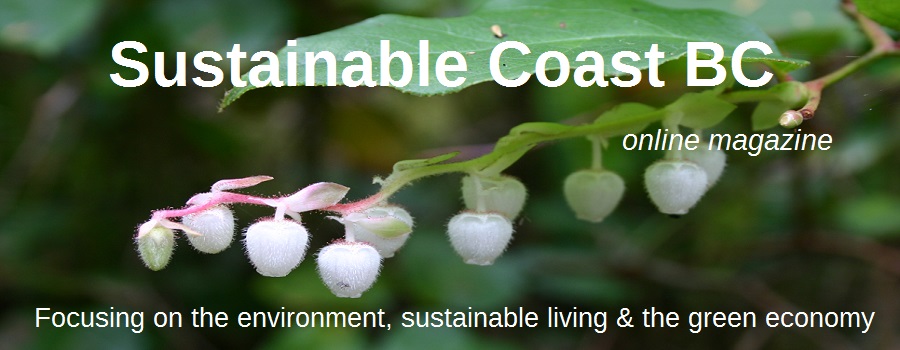Global Environment
- Details
- Category: Global Environmental Connections Global Environmental Connections
- Published: 10 December 2015 10 December 2015
COP21 delegates received the updated negotiating text of a potential Paris Climate Agreement (ADP Draft Agreement) wednesday. Still too long at 50 pages and 208 brackets (disputed text/issues). The text revealed the major perennially thorny issue of funding (finance) to help developing countries cope with climate impacts and move to low carbon energy systems.
In a meeting late Wednesday a coalition of 77 developing nations called the G77 apparently walked out saying developed countries’ were negotiating in bad faith, reinserting old text, and not engaging on #adaptation finance. (Media are not allowed in negotiating sessions or other meetings.)
The G77 chair tweeted her frustration: “Current text is littered with “no text options” on the areas that are most relevant to empowering action by #G77 countries”

That tweet could have been made at every COP since Copenhagen in 2009 The new major economies (Brazil, India) and developing countries want to see more of the billions of dollars rich countries promised in Copenhagen to help countries adapt to climate impacts and reduce their own emissions. So far only about $30 billion has been transferred from north to south since 2010.
The Green Climate Fund is a new mechanism to receive and dole out this cash but it was practically empty in 2014. One of the breakthroughs in Lima last year was a commitment by rich countries to put the bare minimum, $10 billion, into the fund for 2015. It has been an annual struggle to get the money that’s supposed to become at least $100 billion annually by 2020. It is even harder to determine if this is new and additional money — not re-directed foreign assistance — as promised.
In Paris, finance will be a major issue. It is hard to see developing countries signing a new climate agreement without clear commitments and details about how the Fund will be replenished and reach $100 billion a year.
